
Marcel O’Gorman
Director
Dr. Marcel O’Gorman is a University Research Chair, Professor of English, and Founding Director of the Critical Media Lab (CML), where he teaches courses, leads collaborative projects, and directs workshops in digital design and the philosophy of technology. The CML is located inside the Communitech Hub in Kitchener, where its role is to disseminate a philosophy of “tech for good.”
O’Gorman has published widely about the impacts of technology on society, including articles in Slate, The Atlantic, and The Globe and Mail. He is also a digital artist with an international portfolio of exhibitions and performances. This experience guides the creative hands-on methods espoused by the Critical Media Lab and outlined in detail in his most recent book Making Media Theory (Bloomsbury, 2020). O’Gorman’s work brings together researchers, designers, and tech companies, with the hope of tackling some of the moral and ethical issues faced by contemporary technoculture.
Profile: Marcel O’Gorman
Email: marcel@uwaterloo.ca
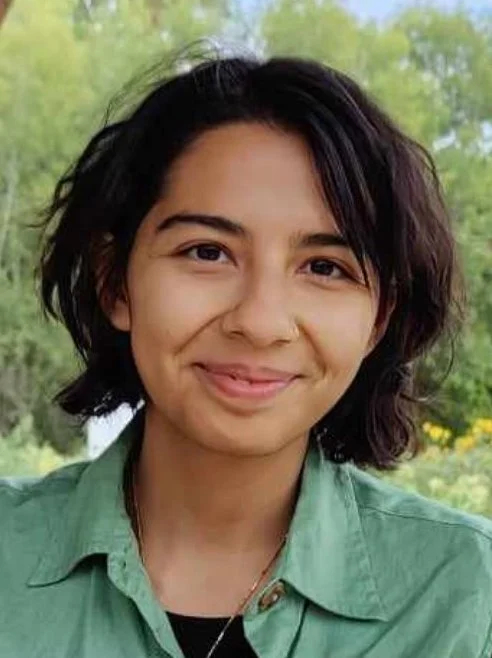
Aparajita Bhandari
Faculty Collaborator
I found my way to the Department of English by way of a number of academic disciplines, which have shaped my interdisciplinary approach. I began my academic journey in the sciences, with a BSc. at the University of Toronto majoring in Psychology with minors in Statistics and Buddhism, Psychology and Mental Health. My interest in the impact of technology on society then led me to pursue my MSc. and Ph.D. in Communication at Cornell University before joining the Department of English.
My work currently sits at the nexus of critical internet studies, feminist media studies, and cultural theory engaging in critical examinations of social media platforms with a focus on understanding instantiations of everyday or mundane online experiences as potential sites of resistance against hegemonic power. I am very passionate about research ethics and developing community-engaged participatory research that breaks down exclusionary disciplinary boundaries and has an impact beyond the confines of the academy.
Profile: Aparajita Bhandari
Email: aparajita.bhandari@uwaterloo.ca
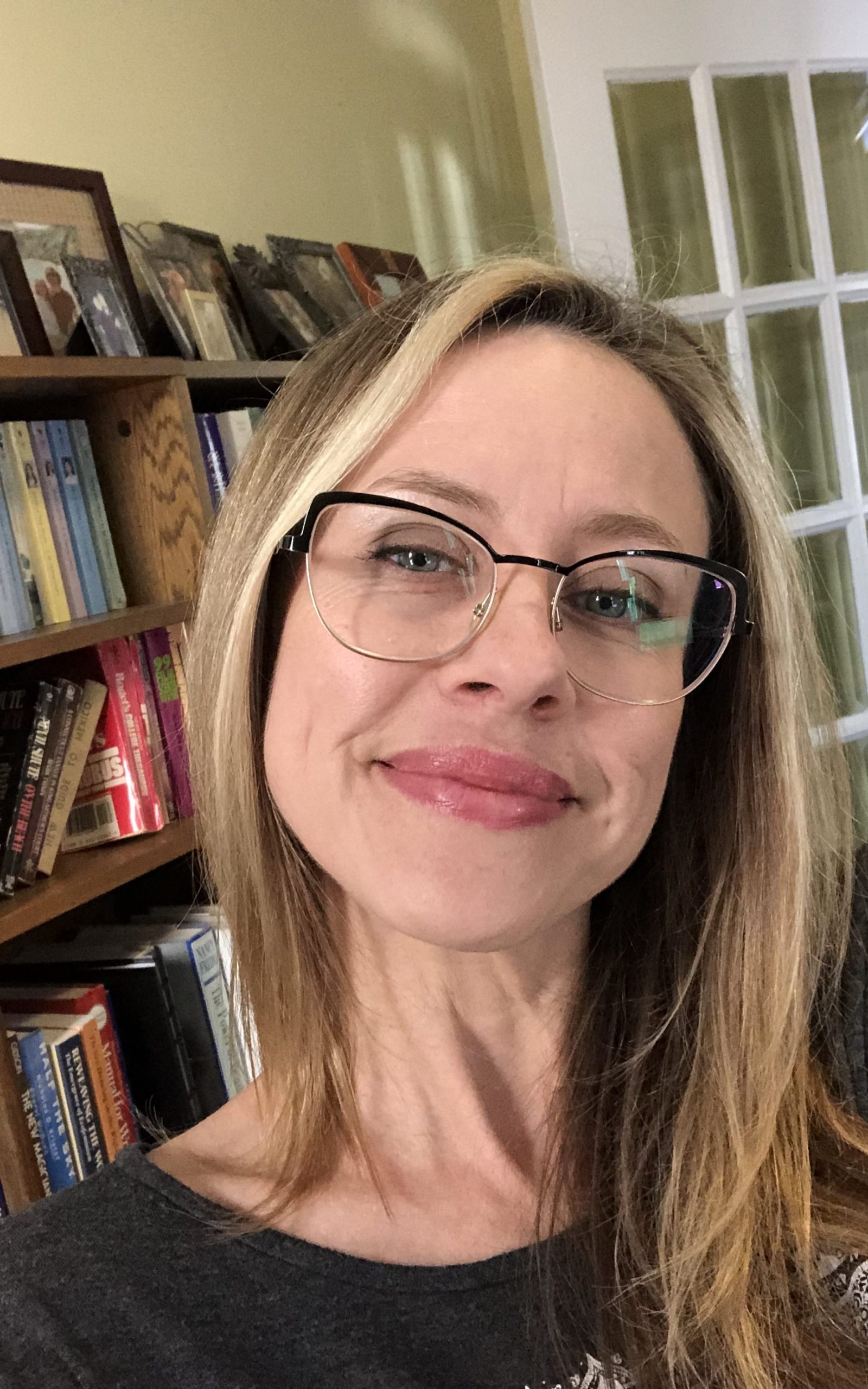
Jennifer
Clary-Lemon
Faculty Collaborator
I’m an Associate Professor in the Department of English Language and Literature at the University of Waterloo. I’m interested in and publish in the areas of material rhetorics, environmental rhetorics, writing theory and pedagogy, methods and methodology, and rhetorics of location and place.
I completed my BA in Political Science at the University of Arizona, my MA in English (Writing, Rhetoric, and Discourse) at DePaul University, and my PhD in English (Rhetoric, Composition, and Linguistics) at Arizona State University. From 2006 to 2018, I taught at the University of Winnipeg, where I also directed the writing centre. I joined the University of Waterloo in August 2018. My most recent book project, Planting the Anthropocene, is a rhetorical look into the world of industrial tree planting, engaging themes of nature, culture, and environmental change. My current research examines infrastructural entanglements of humans and nonhumans as material rhetorical arguments, focusing on the Species at Risk Act and mandated recovery strategies for listed species. The Critical Media Lab hosts my current research project, Hirondelusia: A Creative Turn toward Species at Risk, an arts-based research creation project that promotes reflection on species at risk and human entanglement with nonhuman creatures.
Profile: Jennifer Clary-Lemon
Email: jclarylemon@uwaterloo.ca
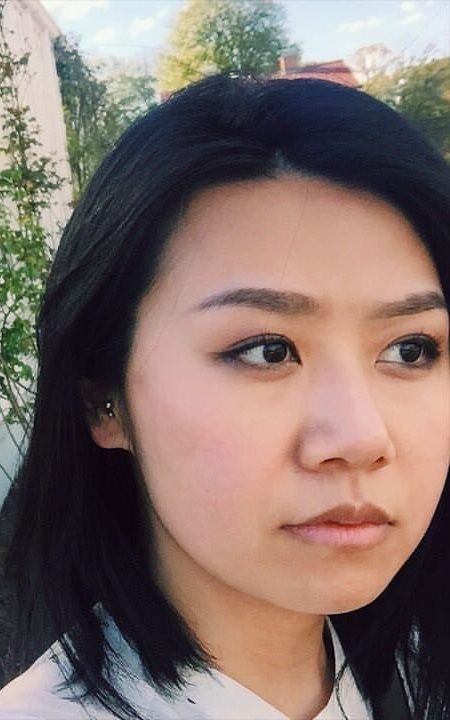
Lai-Tze Fan
Faculty Collaborator
Lai-Tze Fan [“ligh” (light without the t) + chee] is a tenure-track Assistant Professor of Technology and Social Change in the Department of Sociology and Legal Studies at the University of Waterloo. She researches digital storytelling, media theory and infrastructure, research-creation and art, critical making, and gendered tech, AI, and labour.
Lai-Tze is an Editor and the Director of Communications of electronic book review and a Co-Editor of the digital review. She is Co-Editor of the 2020 collection Post-Digital: Dialogues and Debates from electronic book review (from Bloomsbury), and is the Editor of forthcoming journal issues on “Canadian Digital Poetics” and “Critical Making, Critical Design.” She is currently working on three book projects: one on the gendered design of technology from typewriters to voice assistants, one on intermediality and the digital arts, and one on electronic literature and the environment. For more information, visit laitzefan.com.
Profile: Lai-Tze Fan
Email: lai-tze.fan@uwaterloo.ca
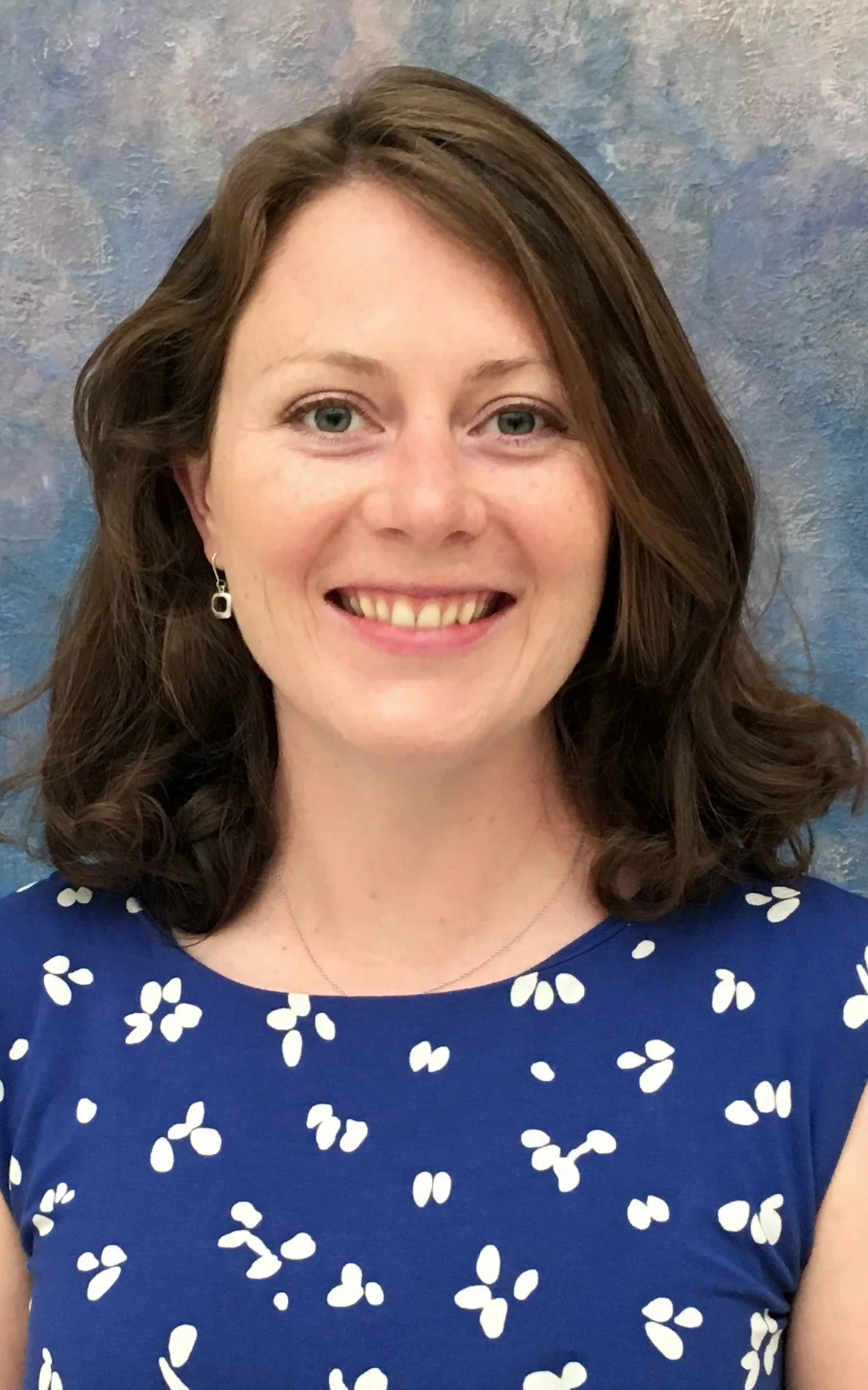
Heather Love
Faculty Collaborator
Heather A. Love is an associate professor of English whose teaching and research focuses on interdisciplinary topics related to literature, culture, technology, health, and engineering. Her first monograph, Cybernetic Aesthetics: Modernist Networks of Information and Data (Cambridge UP, 2023) received the 2025 Gertrude J. Robinson Book Prize from the Canadian Communication Association and was short-listed for the 2023 British Association of Literature and Science Book Prize. The book’s argument traces a cultural pre-history to the technological field of mid- to late-twentieth-century cybernetics in the experimental work of modernist authors such as Ezra Pound, John Dos Passos, Virginia Woolf, and Gertrude Stein. Heather’s work has appeared or is forthcoming in Modernism/modernity, the Journal of Modern Literature, Medical Humanities, Feminist Modernist Studies,the Johns Hopkins Guide to Cultural and Critical Theory, the Routledge International Handbook of Engineering Ethics Education, and IEEE Technology and Society Magazine, for which she currently serves as Associate Editor. Heather is an active volunteer with the IEEE Society on Social Implications of Technology (SSIT), IEEE Tech Ethics program, and National Institute for Engineering Education (NIEE).
Profile: Heather Love
Email: heather.love@uwaterloo.ca
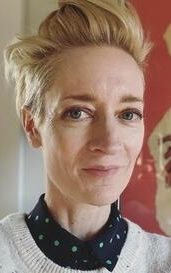
Aimée Morrison
Faculty Collaborator
I always wanted to be a computer scientist until I was the only girl in all my high school courses. So I pursued my second love, English, working my way around to computers again eventually, working in humanities labs at York and Alberta, and on funded electronic text publications at Guelph and at Alberta. My doctoral work focused on popular reception and remediation of computer technologies, and my postdoctoral fellowship with the Orlando Project saw me helping to develop a delivery interface for a massive electronic textbase of biographical and literary/critical scholarship on women writers. Now I teach literature, humanities computing, history and theory of media, and multimedia practice.
Profile: Aimée Morrison
Email: ahm@uwaterloo.ca

Neil Randall
Faculty Collaborator
My years at the University of Waterloo have been spent helping to build the Rhetoric and Professional Writing/Communication Design programs at the undergraduate and graduate levels while establishing a profile in the practice of professional communication and documentation. To those ends, I have published numerous how-to computer books and many feature articles, columns, and reviews in computer magazines such as PC Magazine, Smart Computing, PC Computing, PC Gamer, etc. In addition, I have consulted with a variety of technology companies on topics such as proposal writing, copyright and patent issues, and public relations. Also in the professional writing line, I have recently begun to design and work on the production of board games of the complex simulation kind, and in the past I was a music columnist and a computer columnist for the local newspaper. All of this activity has found its way into my classes and my research, as has my long-time fascination with the writings of J. R. R. Tolkien.
Profile: Neil Randall
Email: nrandall@uwaterloo.ca
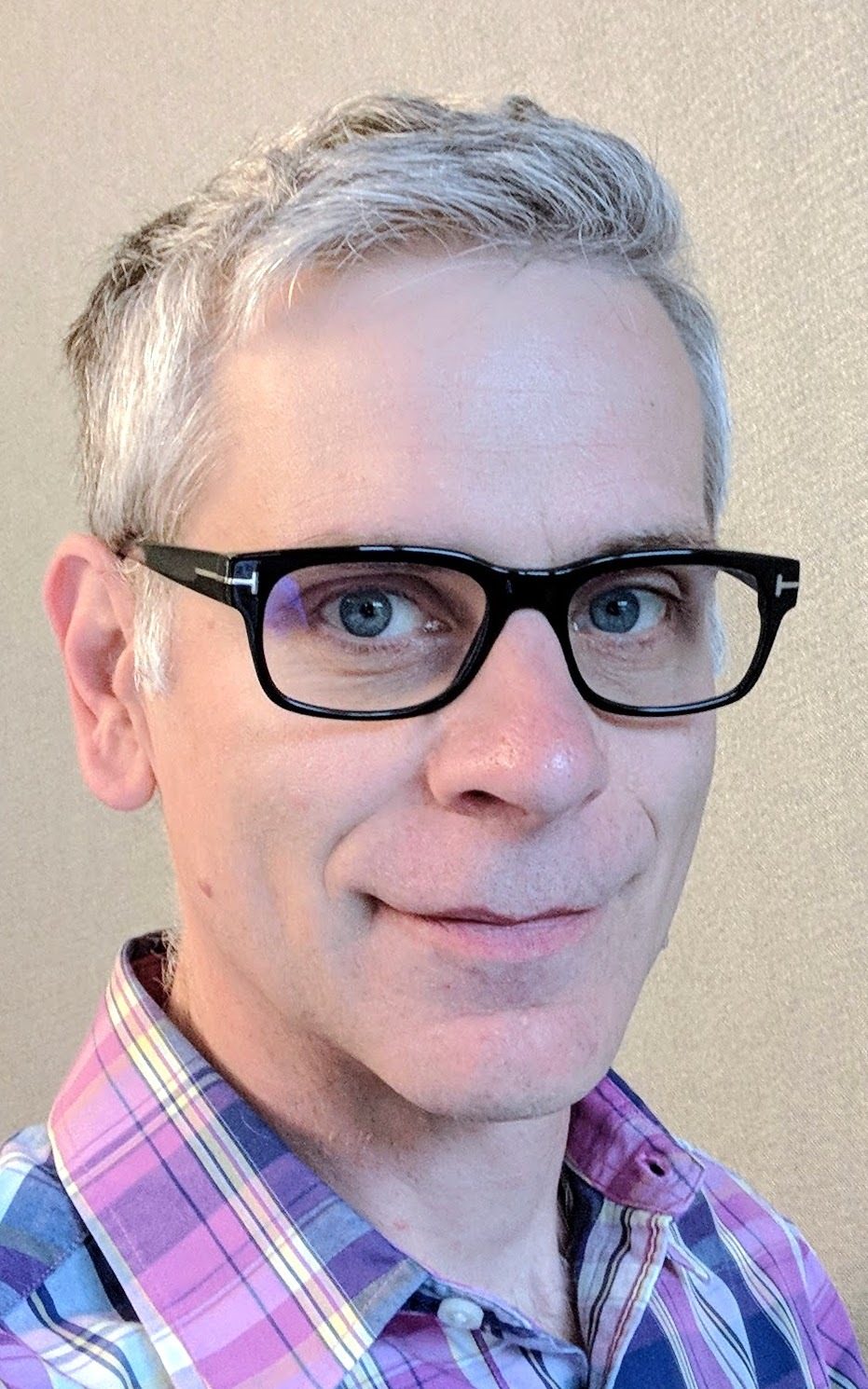
Daniel Vogel
Faculty Collaborator
Daniel Vogel is an Associate Professor in the Cheriton School of Computer Science at the University of Waterloo. He has published more than 75 papers in the area of Human Computer Interaction focusing on fundamental characteristics of human input and novel forms of interaction for current and future computing form factors like touch, tangibles, mid-air gestures, and whole-body input, for everything from on-body wearable devices and mobile phones, to large displays and virtual reality. In addition to earning PhD and MSc degrees from the University of Toronto, Dan holds a BFA from the Emily Carr University of Art + Design, and he leverages his combined art and science background in his research. For example, he was awarded a major grant to build a $1.8 million lab to explore the intersection of HCI and Fine Art in spatial augmented reality. Dan’s 2004 paper on interactive ambient displays is one of the ten most cited papers in the history of the ACM UIST conference, and he has received multiple honours including: 9 paper awards at ACM CHI; the Bill Buxton Dissertation Award (2010); a Banting Postdoctoral Fellowship (2011 – 2013), an Ontario Early Researcher Award (2017); the Faculty of Mathematics Golden Jubilee Research Excellence Award (2018); a CS-Can/Info-Can Outstanding Young Computer Science Researcher Award (2019); and was named a Cheriton Faculty Fellow (2019 – 2022).
Profile: Daniel Vogel
Email: dvogel@uwaterloo.ca
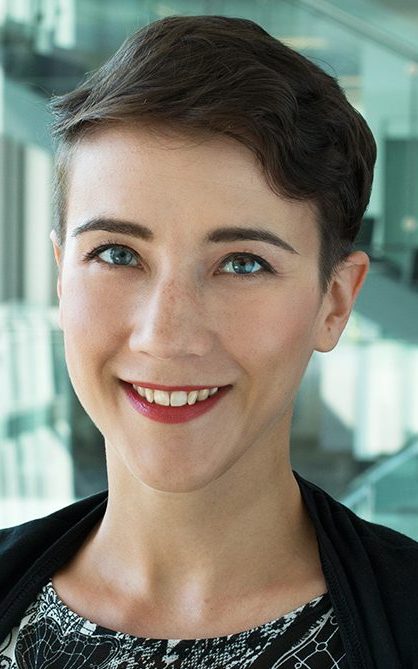
Jennifer Whitson
Faculty Collaborator
I study the secret life of software and the squishy humans that make it, mostly at the nexus of digital games and Surveillance Studies. I’ve been conducting ethnographic fieldwork with game developers since 2012. This means I’ve spent a lot of time hanging out in incubator spaces and collaborating with gamesmakers. My writing centres on the shifting production models of the global game industry, tracing how both social and technological practices shape developers’ creative work and influence who exactly can have a sustainable career doing what they love. More generally, I study digital media surveillance, social influences on software development processes, ethics and values in design, platformization and precarity, and governance in online domains. I am an Associate Professor in the Department of Sociology & Legal Studies and at the Stratford School of Interaction Design and Business. You can find more of my work at IndieInterfaces.com and jenniferwhitson.com.
Profile: Jennifer Whitson
Email: jwhitson@uwaterloo.ca

Brianna I. Wiens
Faculty Collaborator
My research program examines how people use media in critical and creative ways to foster community and speak back to power, and I explore how we build community through digital technology while negotiating its complex power dimensions. Since my MA (Communication: Rhetoric and Culture, CU Boulder) and my PhD (Communication and Culture, York University), I’ve been interested in the ways that people engage in rhetorical resistance by speaking back to systems in power, and the ways that these rhetorics offer critical sources of data that form the basis of community-centred change. I work at the intersections of digital culture, rhetoric, and feminist media studies. Across these fields, I leverage queer and intersectional feminist perspectives to examine the rhetorics, politics, and design of technologies and digital artifacts, and I ask questions about power at individual, community, and structural levels. My commitment to academia is also a commitment to political mobilizing and to scholarly activism—a constant feminist reminder that the personal (as well as community and structural) is political. Because of this, my interdisciplinary work inevitably draws on my own experience as a mixed-race queer activist-scholar. Alongside my colleague and co-conspirator, Dr. Shana MacDonald, I am the Co-Director of the Feminist Think Tank, a research-creation collective that advances research on feminist media, art, and design, out of which we co-run the digital archive Feminists Do Media (Instagram: @aesthetic.resistance).
Profile: Brianna Wiens
Email: biwiens@uwaterloo.ca

Christopher Rogers
Lab Supervisor
I am a PhD candidate in English Language and Literature. I completed his BA in Political Science at the University of Toronto and my MA in Experimental Digital Media here at Waterloo. Working with rhetorical new materialism, posthumanism, and critical design, my research explores the rhetoric of shorelines in the Anthropocene. I ask what hopeful paths forward can be imagined, observed, and created in times of climate change when entanglements with the nonhuman world are fully considered. I have been fortunate to work with the Critical Media Lab on a number of projects including Thinking with Owls and Hirondelusia.
Profile: Christopher Rogers
Email: christopher.rogers@uwaterloo.ca
Research Assistants
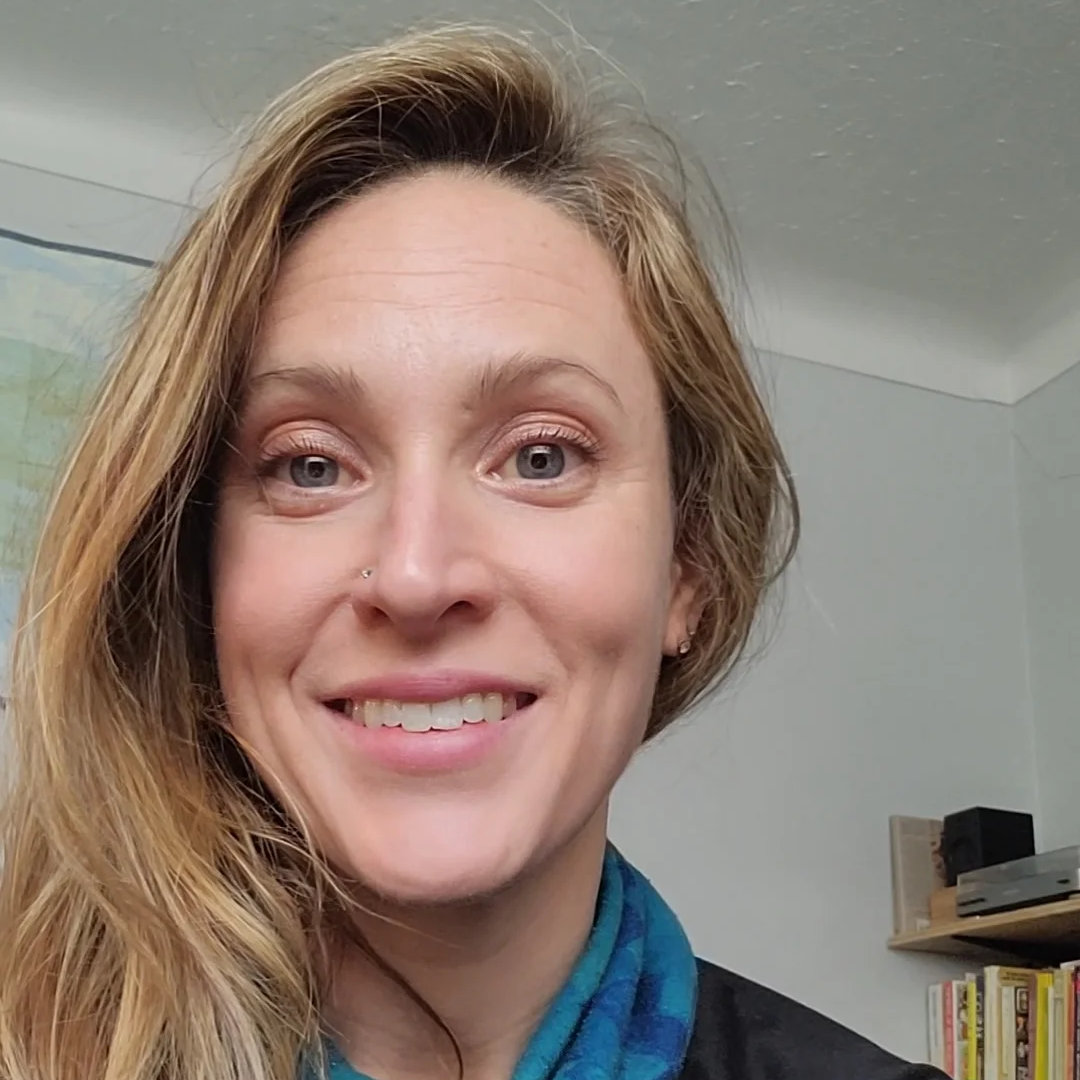
Sarah Casey
smcasey@uwaterloo.ca
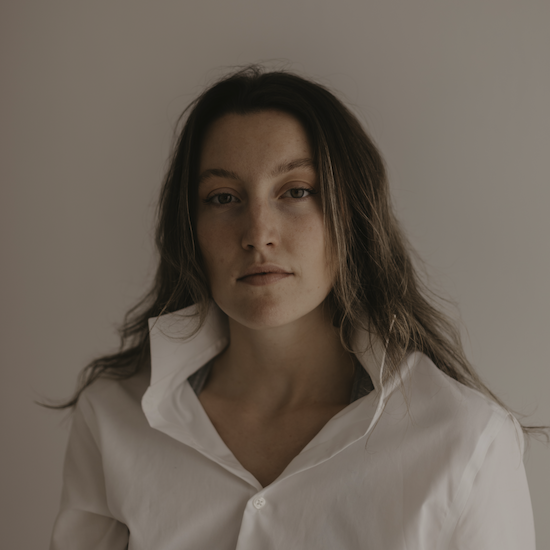
Rebecca Sherlock
rebecca.sherlock
@uwaterloo.ca
Previous Lab Supervisors
2022-2023 — Alexi Orchard
2021 — Neha Ravella
2020 — Jason Lajoie
2019 — Andy Myles / Omar Gutierez
2018 — Matt Frazer
2017 — Megan Honsberger
